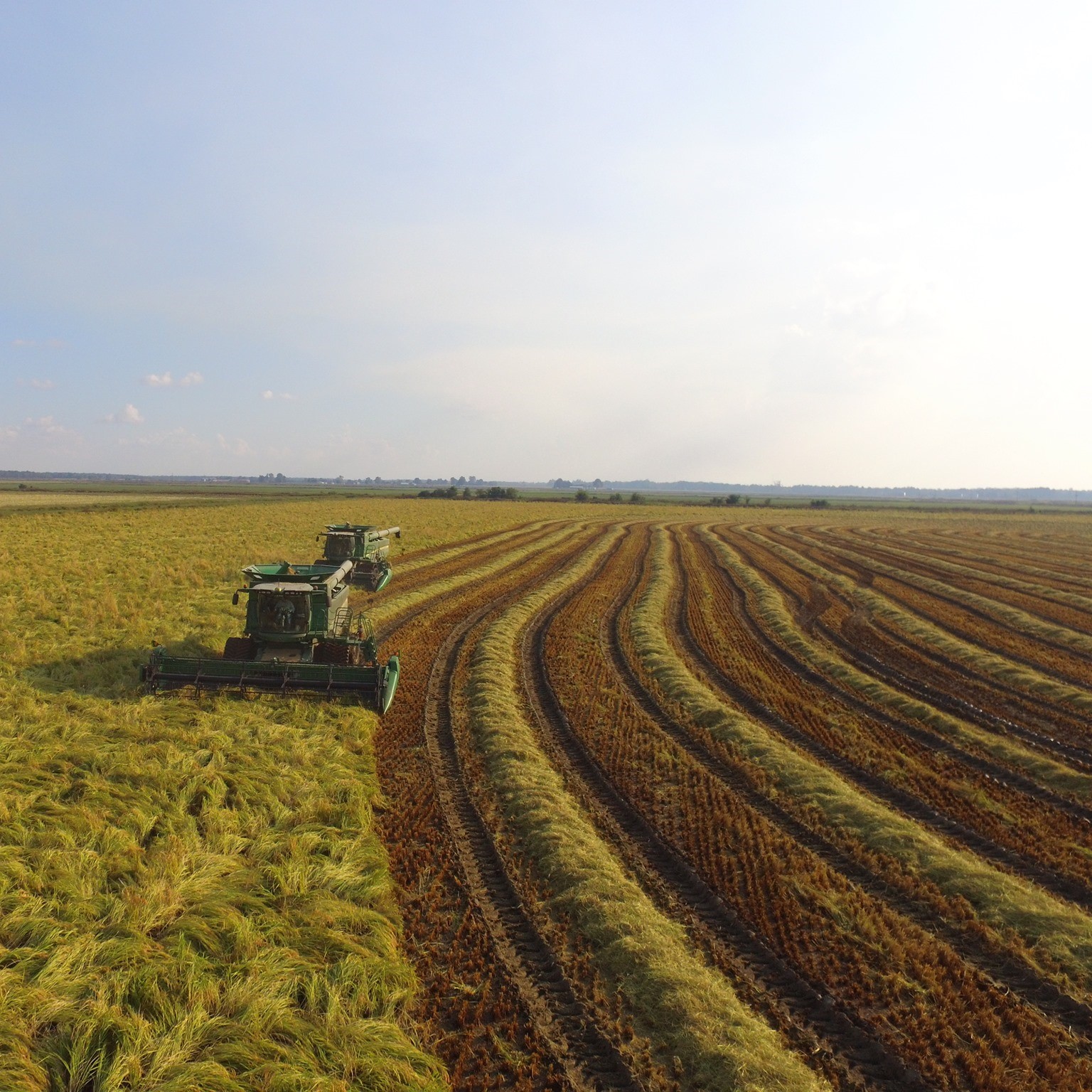Episode-62: North American Sake Rice & Agriculture with Isbell Farms Part 1

Podcast: Download
When it comes to producing sake outside of Japan, still one of the most significant hurdles to crafting the sake of a brew-master’s dreams is access to the ideal resources needed in order to realize the vision, and included in those resources are the raw materials.
Sake specific rice varieties from Japan are in high demand from sake makers across the globe–and for good reason–but there’s also something to be said for being able to craft an incredible beverage from the resources available close to home.
While consistent access to a good number of sake brewing tools and resources still remains rather elusive for a significant number of international sake breweries, when it comes to sake rice in the U.S., the family at Isbell Farms is on a mission to make Japanese rice and sake rice varieties an accessible, quality, and viable option for a new world of sake breweries.
After a successful foray into the production of koshihikari, a Japanese staple table rice variety that put the family’s rice (and faces) on televisions and convenience store shelves across Japan in the 80s, demand from the rapidly growing number of Japanese restaurants across the U.S., along with a handful of major sake breweries setting up operations on North American shores led to opportunities to double-down on a then relatively niche market. Since then, they’ve grown and evolved to become a go-to supplier of established sake rice varieties, including yamada nishiki and gohyakumangoku, amongst others, to breweries large and small across the U.S.
This week (and next) we speak with the Isbell family as we explore the origins of cultivating Japanese rice varieties in the heart of Arkansas, the expansion to sake rice varieties, and just what it means to be a grower in the U.S. today.
We’ll be back with Part 2 of this special look at sake and rice growing in the U.S. next week, as we join the family at Isbell Farms once again to more closely examine the nature of sake specific rice varieties, as well as the future of rice farming and agriculture in the U.S. Stay tuned.
For those of you interested in following the work of the Isbell family online:
- Website
- Instagram
- Facebook
- Twitter
- YouTube
Thanks for once again tuning in to Sake On Air. You can help new listeners discover the show by leaving us a review on Apple Podcasts or on whatever service delivers you all of your podcasting needs. Contact us at questions@sakeonair.staba.jp with any thoughts about this week’s show, and feel free to follow us on Instagram, Twitter, and Facebook. Everything from Sake Future Summit 2020, as well as a number of other recordings, are all archived over on our YouTube channel, as well.
Wishing all of our listeners happiness and health in a (hopefully) sake-infused week ahead. Take care out there.
Kampai!
Sake On Air is made possible with the generous support of the Japan Sake & Shochu Makers Association and is broadcast from the Japan Sake & Shochu Information Center in Tokyo. The show is a co-production between Export Japan and Potts.K Productions, with audio production by Frank Walter. Our theme, “Younger Today Than Tomorrow” was composed by forSomethingNew for Sake On Air.








